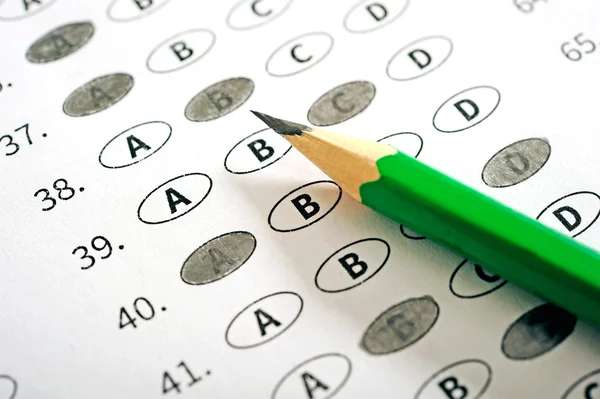
Nebraska high school students are once again setting the bar when it comes to the ACT.
According to the Nebraska Department of Education, the state’s class of 2025 earned an average composite score of 19.2 — slightly higher than last year’s 19.1 — and the highest in the nation among states that require all students to take the test.
The ACT measures college readiness in English, math, reading, and science. Nebraska is one of just a handful of states that require every high school junior to take the exam as part of the Nebraska Student-Centered Assessment System. Because every student participates — not just those planning to go to college — Nebraska’s average score gives a more complete picture of how students are performing statewide.
How Nebraska Compares
Nationally, the average ACT score stayed flat this year at 19.4. But that number can be misleading — only about a third of U.S. students actually take the test. In states where the ACT is optional, scores often skew higher because they mostly reflect college-bound students.
When looking just at states with 100% participation, Nebraska stands out. The average among those states was 18.2, a full point below Nebraska’s score.
State officials say the results show that Nebraska students continue to outperform their peers in similar testing programs across the country.
Breaking Down the Numbers
Nebraska’s students posted solid results across every subject area:
- English: 18.2
- Math: 18.9
- Reading: 19.6
- Science: 19.4
Those numbers mark small but steady gains in most subjects compared to last year.
What It Means
Education leaders say the consistent performance reflects both the strength of Nebraska schools and the state’s commitment to preparing all students for life after high school — whether that’s college, career training, or entering the workforce.
However, the state has seen a gradual decline in ACT scores over the past few years, mirroring national trends. In 2021, Nebraska’s average was around 20.0 before dipping below 19.5 in recent years.
Experts point out that students who complete a full college-prep curriculum — courses like four years of English and three or more years each of math, science, and social studies — score several points higher on average than those who do not. That gap highlights the importance of making rigorous coursework accessible to every student.
The Big Picture
While Nebraska’s scores may not top every state nationwide, they do lead among the group that tests every student — a strong showing that speaks to the state’s overall academic performance.
As Nebraska Education Commissioner Brian Maher said in a statement, “Our students continue to show resilience and achievement that make Nebraska proud.”




